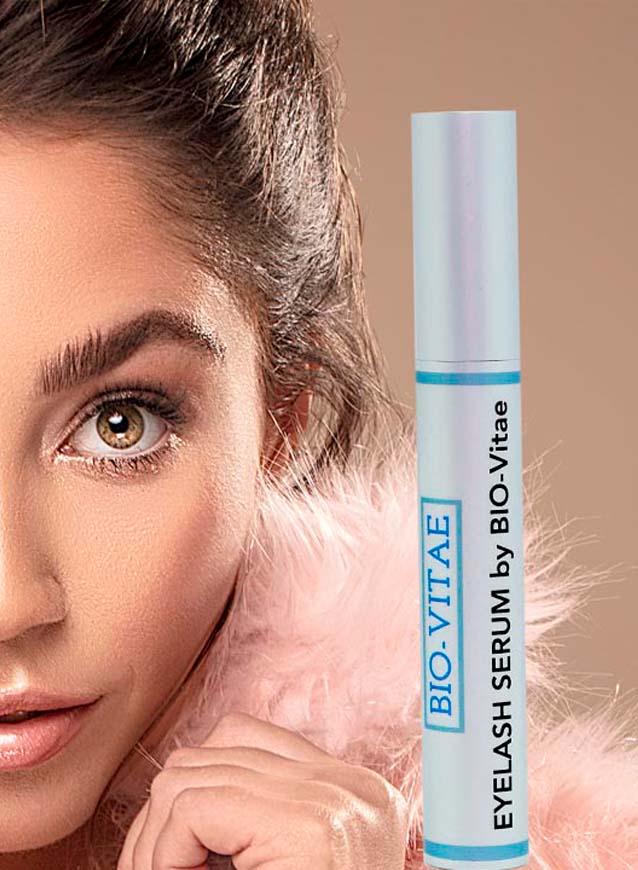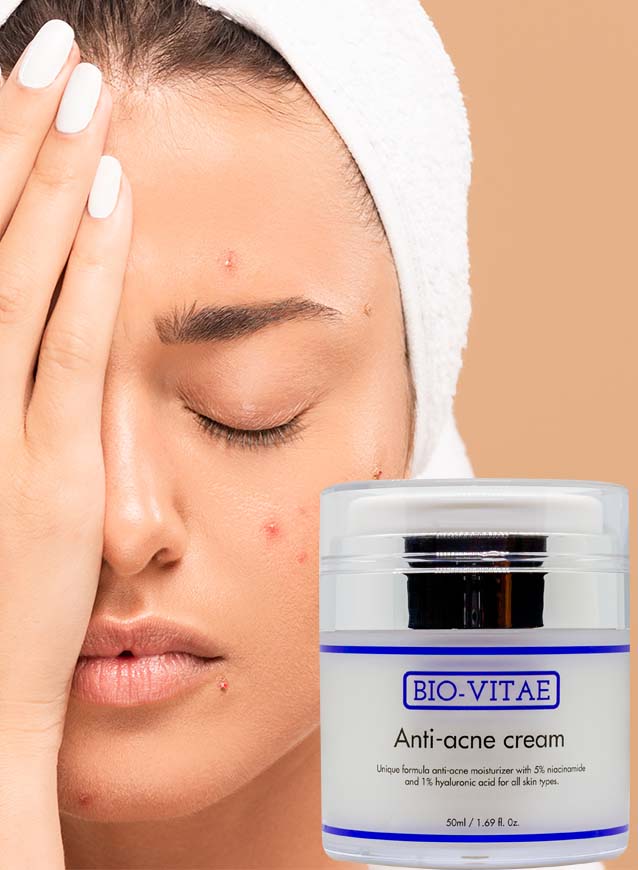This is how the vitamins in your skin care work
It is not only inside the body that vitamins help.
They also have a beneficial effect if you apply them to the skin. We guide you through the vitamins that boost your skin care
There are many ways to choose the right skin care product, but one of the ways can be to check which vitamins your cream or serum contains.
Because vitamins are quite effective, also when it comes to skin care.
How the vitamins work:
A-vitamin:
The iron vitamin which also fights acne
Vitamin A is a very potent vitamin when it comes to fighting fine lines. That is why it is also popularly called the iron vitamin.
Vitamin A stimulates the production of new skin cells and increases the amount of collagen under the skin, so that the skin looks smoother and more hydrated.
Dermatologists use vitamin A in the treatment of acne, among other things, but the vitamin also has a beneficial effect in skin care products, where vitamin A helps to heal the skin and open clogged pores.
B-vitamin:
Soothes redness and dry skin
There are several different types of vitamin B, but the type you often encounter in skin care products is vitamin B3, which is often called Niacinamide in the ingredients list.
B3 acts as an antioxidant and is often used to soothe redness and inhibit pigment changes and impure skin.
You can also find B12 in skin care products, because clinical studies have shown that it is effective against itching, dry skin and eczema.
C-vitamin:
Antioxidant that strengthens the skin
Vitamin C is one of the most popular vitamins in skin care. It is primarily a powerful antioxidant that strengthens the skin and evens out fine lines and pigment changes.
The vitamin stimulates the formation of collagen and increases cell renewal.
You often find vitamin C in anti-aging products because it reduces sun damage, which often shows up as wrinkles.
D-vitamin:
The new anti-aging darling
We associate vitamin D with sun and fatty fish, and it is the vitamin that everyone who lives in Denmark is hungry for.
But there are indications that it may become an important ingredient in skin care when it comes to reducing wrinkles and stimulating the production of collagen.
Vitamin D is used in medical creams for e.g. psoriasis patients, but I wonder if we will also see more of it in beauty care?
But remember that vitamin D cream does not affect the amount of vitamin D in the body, so if you lack vitamin D, you must go out in the sun, take a food supplement or increase the fatty fish.
Vitamin E:
The great healer
Vitamin E is a fat-soluble vitamin known for its healing effect.
You will find vitamin E in many anti-aging creams, because in addition to preventing premature aging of the skin, it is also effective against sun damage.
Vitamin K:
Good for rosacea
Vitamin K is also called phytonadione, so this is often the name you should look for on the ingredients list. The vitamin is especially used in creams which are supposed to reduce blood vessel ruptures.
Vitamin K helps reduce redness and can be helpful if you have rosacea.








